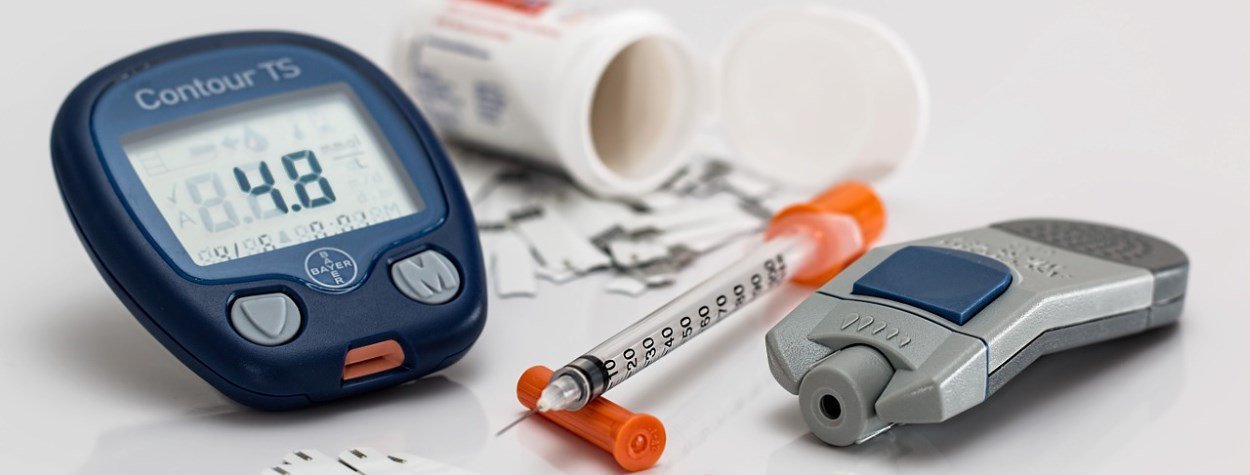MTaI demands one-time hike in prices of medical devices
November 20, 2018 | Tuesday | News
Hike required to neutralize impact of rupee depreciation & inflation
Medical Technology Association of India (MTaI) released a statement saying that the government should allow a one-time increase of upto 18% in MRPs of medical devices, including stents and orthopedic knee implants, as rupee depreciation and inflation have raised their cost to companies.
Rupee has depreciated 13.13% against the US dollar and 12.33% against Euro in last one year. Wholesale price inflation has hovered between 4% and 5% during this period. The current regulatory framework in India mandates price ceiling for scheduled devices like stents and orthopedic knee implants and allows only upto 10% increase in Maximum Retail Prices (MRPs) of regulated non-scheduled devices like catheters, heart valves, etc.
The government had fixed price ceiling for stents and knee implants in 2017 based on landed cost of these devices in India. The rupee depreciation has increased the landed cost by around 14%.
Pavan Choudary, Chairman and Director General, MTaI said, “The dual effect of weakening of currency and inflationary trends is creating an extra-ordinary situation and the medical device companies are finding it increasingly difficult to sustain the supply of medical devices in the present situation. Long-term cross subsidization to keep the supplies is not healthy for the growing medtech sector. The present situation calls for an increase in our net realized prices.”
Para 19 of Drug Price Control Order (DPCO) 2013 allows the government to revise the prices of drugs under extra-ordinary circumstances.
“The government should allow a 14-18% increase in the ceiling price of all notified medical devices (including stents and knee implants) this year and not stick to the 10% ceiling on MRPs as per the DPCO 2013 given the unprecedented depreciation of the rupee and other inflationary trends”, he added
He also said, “MTaI believes unreasonably high trade margins are a major contributor to the increased MRP of medical devices. This is supported by 4 independent government reports namely, CCI- Policy Note on Affordable Healthcare (October 2018); NITI-Aayog’s Concept Note on Medical Devices (July 2018); NPPA’s report on overcharging by hospitals (February 2018) and Report of the Committee of High Trade Margin in the Sale of Drugs, 2016 (DOP Report). MTaI strongly recommends Trade Margin Rationalization from first point of sale, which is the price to the distributor, as recommended by DOP Report and as suggested by NITI Aayog’s concept note, as this could bring in affordability. It would also ensure the continued availability of medical devices and investments in capacity building in this sector, which is crucial for the success of Ayushman Bharat (PMJAY). The trade margin rationalization should replace any suboptimal regulatory instruments such as price control.”









